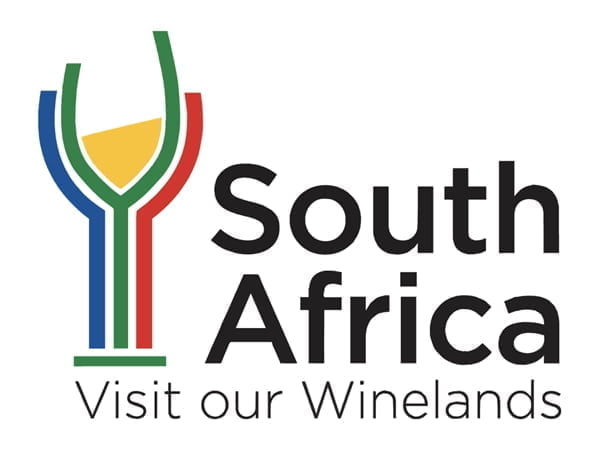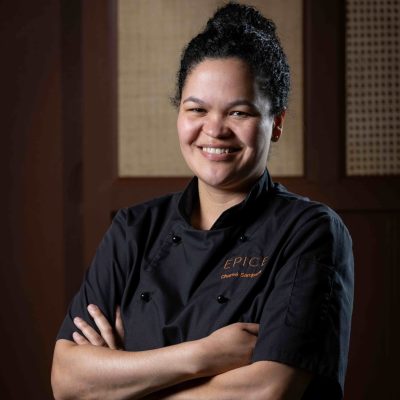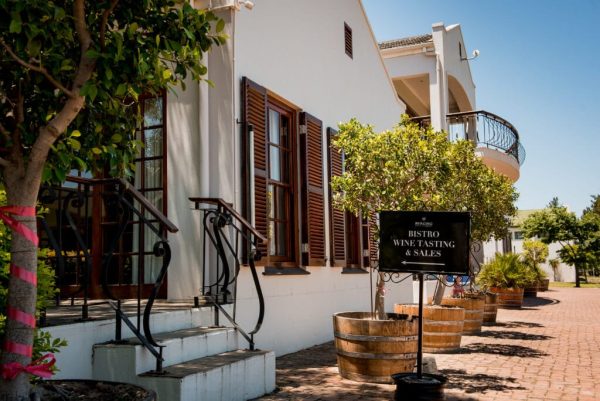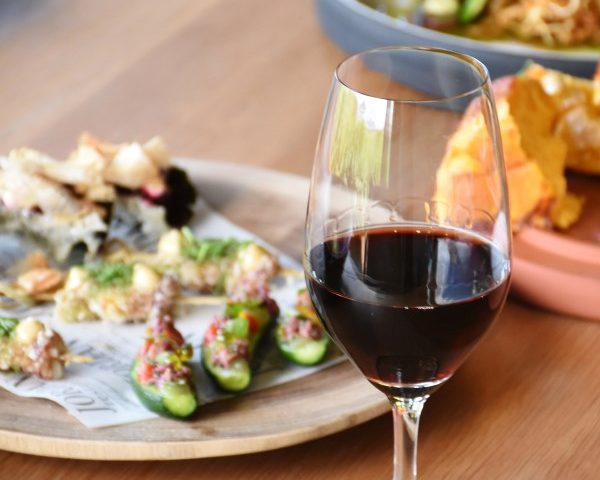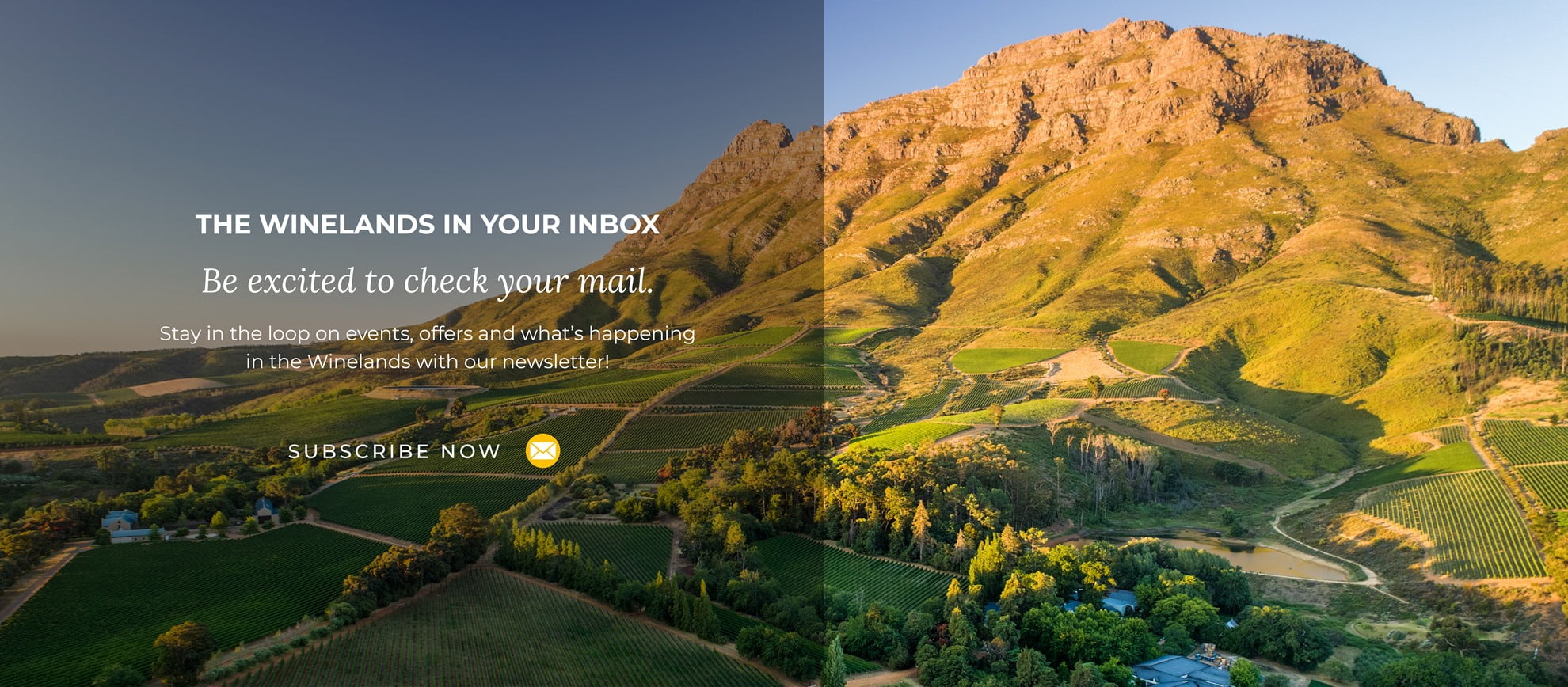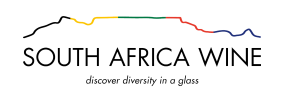The rural area of Elgin lies just east of Cape Town, a wide plateau of undulating hills surrounded by mountain peaks. Its cool climate, the combination of elevation and proximity to the sea, allowed apple and pear farming to thrive for decades. Forestry makes up another important part of the local economy and wine, too. The combination along with a large part of the region being part of the Kogelberg Biosphere Reserve, adds to its attraction as a breakaway for lovers of the outdoors.
Lush greenery is a feature year-round and one of the reasons the region was known as Groenland (Greenland) by early settlers. They also gave called it Elgin, apparently in honour of a child named Elgine Herold who died here.

The biggest town is Grabouw, named after the birthplace of German settler Wilhelm Langschmidt, who developed a small trading station on a route that was busy even before 1856, when it opened. The old Houwhoek Hotel just outside of town was built in 1779 on a site that was originally a toll gate on the wagon road.
Over the years, vineyards have increasingly become a feature. Among the pioneers was Sir Antonie Viljoen, forefather of Oak Valley Estate’s Anthony Rawbone-Viljoen. The latter writes in the farm’s history booklet, Sir Antonie was the first to establish wine grape production on Oak Valley soon after his purchase of the farm in 1898. “By 1904 there were 50,000 vines planted, mainly Green Grape (Semillon), Hermitage (Cinsaut) and white French (Palomino).
In 1907 he built a cellar and pressed his first grapes. The majority of the bulk wine was sold on to E.K. Green & Co., the wholesale wine merchants who had premises in Somerset Road, Cape Town and also in Paarl.”
Rawbone-Viljoen writes that at the time of Sir Antonie’s death in 1918 there were 100 000 vines on Oak Valley and that records show the cellar was producing “150 to 160 leaguers of wine” (about 90 000 litres).
It wasn’t to last however and for various reasons described in the history, the vineyards declined. But events in 1985 arguably re-ignited the region’s wine focus. Among them, a project under the auspices of Nietvoorbij, the state-owned research centre for the wine industry, established a vineyard to test the sustainability of new cultivars under Elgin growing conditions.
“Also in 1985, Gunter Brözel, the legendary SA winemaker of Nederburg fame, approached both Oak Valley and Paul Cluver of the neighbouring De Rust property with a view to forming a joint venture with Nederburg for wine production in Elgin,” writes Rawbone-Viljoen.
Cluver, whose forefathers also settled here in the 1800s, claims the title for the first commercial vineyards of Elgin along with the establishment of a wine cellar, a feat the pioneering founder and eminent neuro-surgeon Dr Paul Cluver achieved in the 1980s.
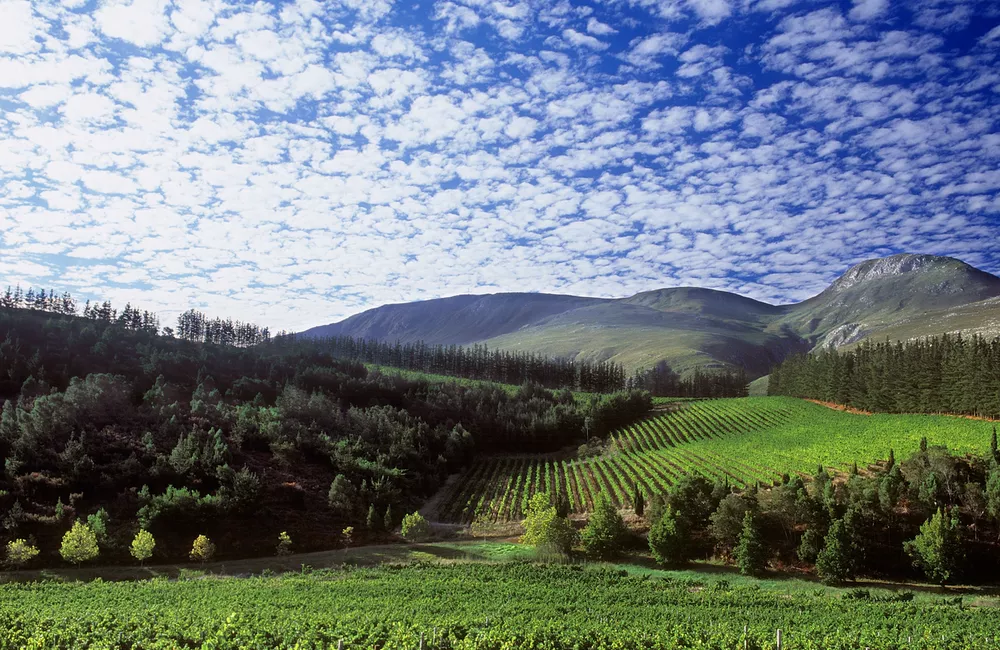
Since then, the list of wineries has grown, as has the number of outside producers with interests in the region.
UK wine authority Jancis Robinson remarks in the Oxford Companion to Wine that the world’s greatest table wines traditionally come from the cool to intermediate temperature climates. Among them will most certainly be examples from Elgin.
Farms not open for tasting or with very limited access include Boschendal (Elgin) Moya Meaker, Neil Ellis (Elgin), Richard Kershaw, Sutherland and Vrede En Lust (Elgin).
Wineries that receive visitors, some by appointment only, include:
Almenkerk Wine Estate
The Van Almenkerk family is of Belgian/Dutch extraction and immigrated to South Africa over a decade ago. It acquired an apple farm and converted 15ha to vineyards, also adding a state-of-the-art cellar that was carved into the mountain slope. The lawns overlooking the valley are a popular picnic spot, as is the Belgian-inspired De Brasserie restaurant the family set up in Beach Road, Strand. The estate is run by Natalie and Joris van Almenkerk under the eye of patriarch Joep van Almenkerk.

Arumdale Cool Climate Wines
Arumdale was established by Mark Simpson in 2000. The first planting of Shiraz has been joined by Cabernet Sauvignon and Merlot. The first crop came in 2003 and the initial four vintages were made in the winery at Thelema. In addition to the flagship label is an “informal” range – the Robin Hood Legendary Wines.
Charles Fox Cap Classique Wine Estate
“Our vision is to specialise in Cap Classique made in the traditional Champagne method that is comparable to the best that the world has to offer,” declares founder and winemaker Charles Fox. To achieve this, the farm planted all its own vines – the three varieties that are used in Champagne: Chardonnay, Pinot Noir and Pinot Meunier. There’s a fully equipped cellar and underground storage facility that allows for the control of quality, start to finish.
Elgin Ridge
Owners Brian and Marion Smith sold their IT business in London and pursued a dream – to make wine. They found their way to Elgin in April 2007 with wine production starting two years later. The site itself, a 10ha apple farm, was neglected and had lain fallow for years. The very first vines – Sauvignon Blanc – were planted. Today, Elgin Ridge is proudly certified biodynamic and certified organic. In the cellar, winemaker Kosie van der Merwe has been at the helm since 2016. Among the unconventional techniques applied include the use of concrete eggs and amphora.
Elgin Vintners
The century-old Elgin Orchards farm is home to Elgin Vintners – an association of shareholders and various winemakers. At its heart, among orchards, vineyards and pastures is the renovated Victorian homestead. Where the Ridgelands Manor House was once a nursing station for wounded soldiers returning home after WW2, it now serves as guesthouse and hosts wine tastings among the library shelves and on the sandstone terrace with views of surrounding landscape. Two wine ranges serve to highlight the effect of amongst others a cool climate on fruit in this region.
Hannay
Located off the Viljoenshoop Road, the winery was founded by Malcolm Dicey in 2012. A mechanical engineer by training, Dicey has a long history of involvement in agriculture. The 72ha farm has just over 11ha under vine and undertakes custom crushing.
Highlands Road
Started in 2004, Highlands Road is the culminating dream of Michael White. The estate comprises the winery and tasting room as well as a restaurant. “We believe that wine is more than what is in the bottle; it is the memories that go with it,” says White. “To this end, we have attempted to make our estate not just a place to taste wine, but a destination to experience it.”
Iona
Iona was acquired in the late 1990s by Andrew Gunn, an engineer by training who set about exchanging its apples and pears for vineyards. Its first vintage came in 2001. Two years later, he married Rozy, a sculptor by profession, who brought art to Andrew’s science in the wine enterprise. Iona’s philosophy is to make wine that expresses the soils and climate as closely as possible, making use of sustainable farming and to maximise the use of natural products in the process.
Lothian Vineyards
Originally from Scotland, the Wilson family hail from three generations of Cape winemakers, having grown up on their grandmother’s Rust en Vrede vineyard in the 1950’s and 60’s. Gavin and Ewen have a traditionalist approach to Burgundian-style winemaking that reflects in their choice of winemaker, Master of Wine Richard Kershaw. Grapes are vinified at the Valley Green winery.
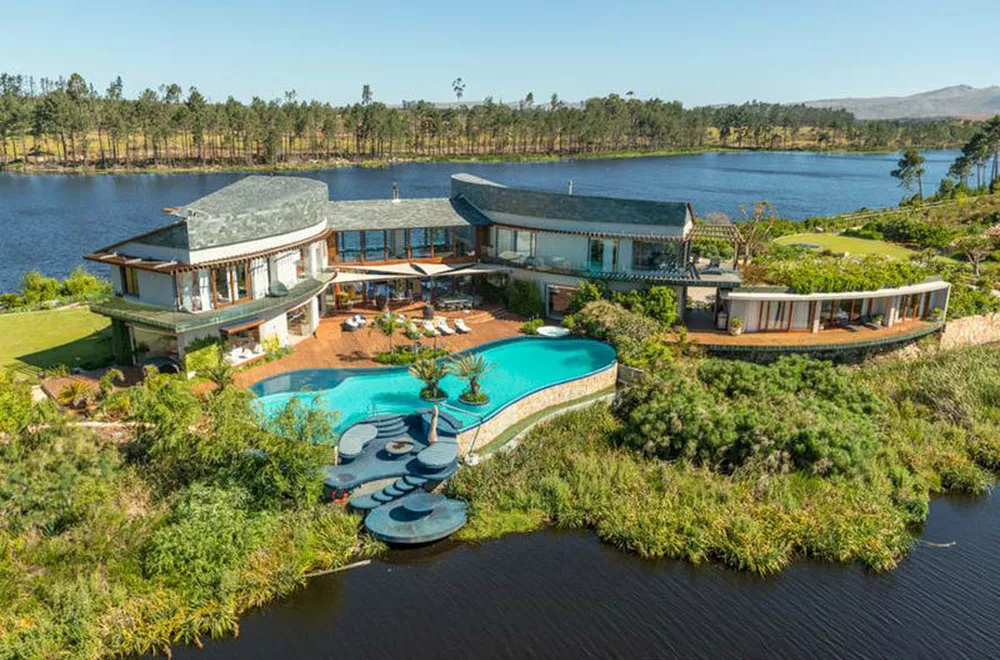
Oak Valley
Oak Valley Estate was founded in 1898 by Sir Antonie Viljoen, whose accomplishments include the establishment of the first commercial apple orchards in the Elgin Valley. Fast forward to 1990s; in the wake of state-sponsored testing of new cultivars mentioned in the introduction to this feature, Oak Valley expanded its vineyard project and continued to sell grapes until 2002 when it established its own label. In addition to wine, there’s farm accommodation, The Pool Room restaurant and deli and MTB trails.
Oneiric
The name Oneiric is Greek for ‘dream’ and reflects the owner’s sentiment of this find. Matt Pascall bought the farm in 2007 for its aesthetic beauty and for a change of lifestyle. Its first wines became publicly available 2012, the year which Niels Verburg of Luddite was appointed as consultant winemaker. The Pascall family’s involvement in Copper mining, inspired the wine portfolio’s label design.
Paul Cluver Wines
Pioneers of the industry in Elgin, Paul Cluver Wines is a family owned and run estate that was instrumental in the success and recognition of the Elgin ward as a fine wine producing area of South Africa. It has been in ownership of the Cluver Family since 1896. The wine business forms part of larger holistic farming business called De Rust Estate. In addition to the vineyards and cellar, there are apple and pear orchards, a Hereford stud and eco-tourism activities, including amphitheatre concerts, on the farm. This estate forms part of the UNESCO world heritage site, the Kogelberg Biosphere. Half the estate is set aside for conservation into perpetuity.
Paul Wallace Wines
Viticulture consultant Paul Wallace and his wife, Nicky, purchased the scenic 25ha Wallovale farm in September 2003, fulfilling a lifelong dream in what Paul has always believed to be among the most exciting wine regions. Golden Delicious and Granny Smit orchards have been replaced by vineyards and the farm is very much a family affair with sons Mark and Bobby, both winemaking graduates. In addition to the wines, there’s self-catering accommodation and a tasting room. Varieties on the farm include Sauvignon Blanc, Chardonnay, Pinot Noir and Malbec.
Shannon Wines
Shannon Wines has its mountain hillside vineyards above the banks of the Peninsula Dam. These sites, combined with the viticultural team of Kevin Watt and James Downes, and a winemaking by the Gordon Johnson and Nadia Cilliers, produce wines with distinctive personalities. The name of the winery pays homage to the owners’ Irish ancestry. The Shannon and Downes families were from County Cork, Ireland. On the other side, the James family were wine merchants and former owners of the White Horse Pub in Parsons Green, London.
South Hill
Originally an under-utilised apple and pear farm known as Jan Niemandsbosch, South Hill saw the planting of vines following extensive research. Its first vintage was in 2006. A background in hotels, restaurants and property development and a passion for wine, had prompted the King family to create this accessible, boutique wine farm. There’s a restaurant and art gallery, and the venue caters to weddings.

